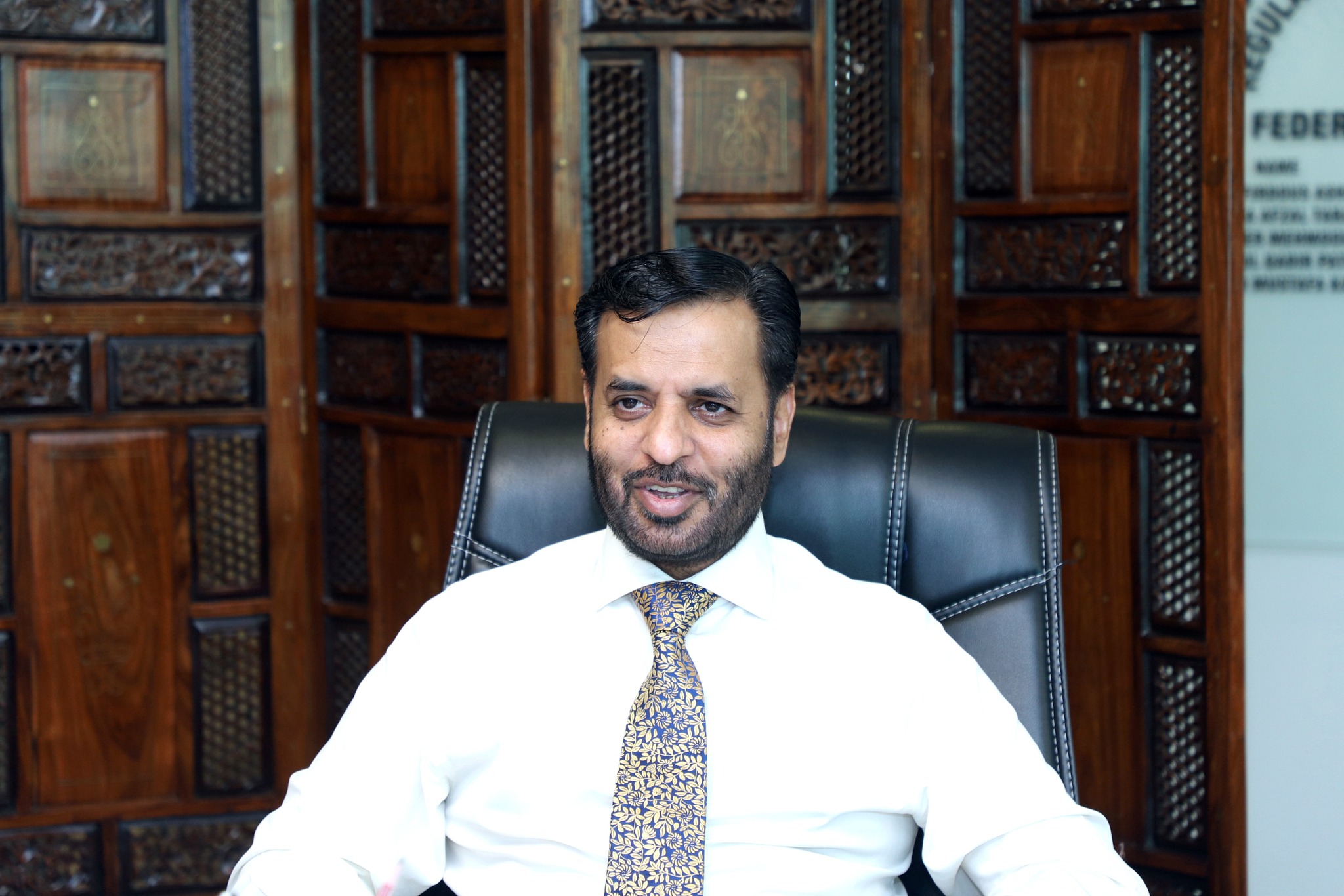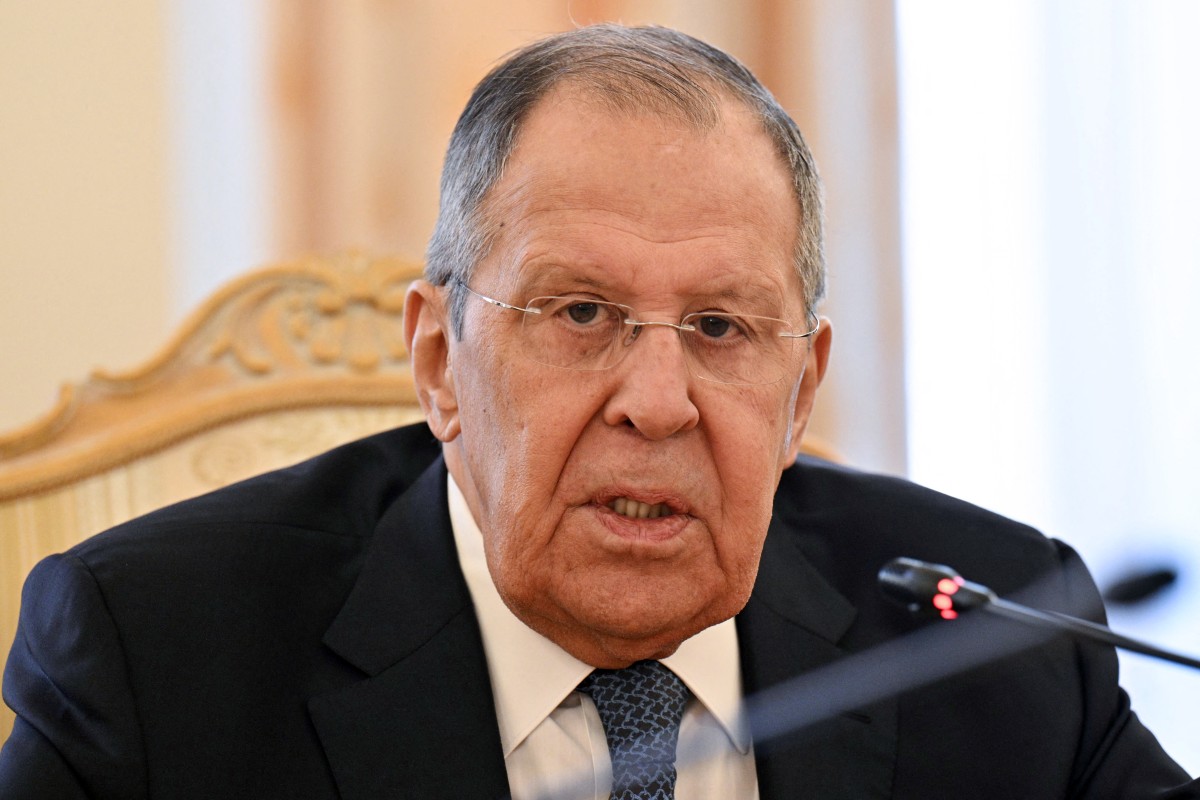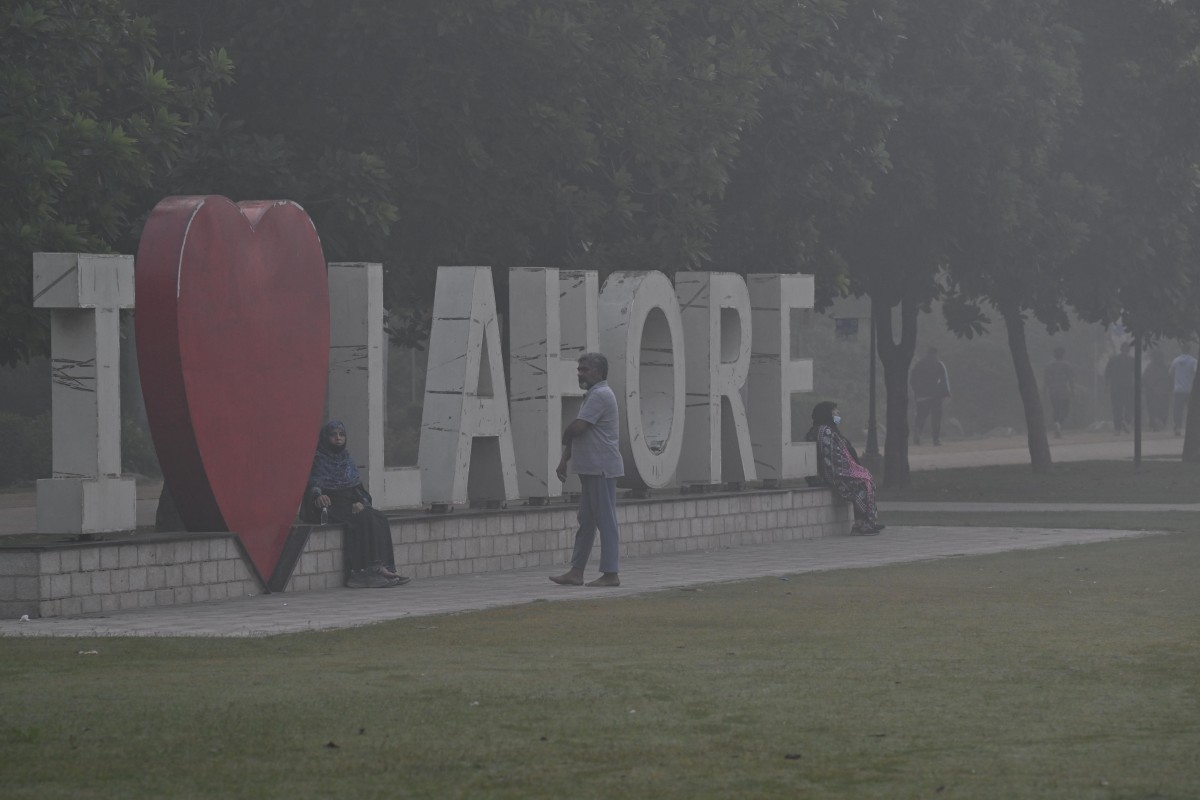ISLAMABAD: Pakistan’s Federal Minister for Health Mustafa Kamal announced the launch of a modern healthcare management system at the National Institute of Health (NIH) aimed at strengthening service delivery and monitoring mechanisms across the country.
At a pharmacovigilance workshop in Islamabad, the health minister said Pakistan’s healthcare system must shift from treatment to prevention, awareness and healthier lifestyles.
“The healthcare system in Pakistan is far from ideal,” he said. “Globally, healthcare now focuses on preventing illness rather than treating it after it occurs.”
Kamal said countries are shifting to lifestyle medicine, focusing on wellness without heavy drug use. Meanwhile, Pakistan’s medical system was outdated and struggling.
He pointed to overcrowded hospitals and cited that about 70% of diseases in the country stem from contaminated water. “If clean drinking water were available, hospital loads would reduce by at least 70%,” he said.
Kamal said Pakistan urgently needs a comprehensive sewage treatment system. “From Gilgit-Baltistan to Karachi, our water sources are spreading disease. Local sewage treatment is essential for public health,” he said.
The health minister called for a national prevention plan. “Prevention is better than cure. We must improve our lifestyle. Lifestyle medicine is closely aligned with nature’s system.”
Kamal predicted that cancer could be overcome globally within ten years but expressed concerns about ongoing vaccine debates.
He noted Pakistan has high rates of hepatitis, diabetes and heart disease, among the highest in the world.
The health minister called for healthcare professionals to work with integrity and responsibility to achieve true reform in Pakistan’s health system. “Only then can we build a healthier Pakistan,” he said.







.jpg)

